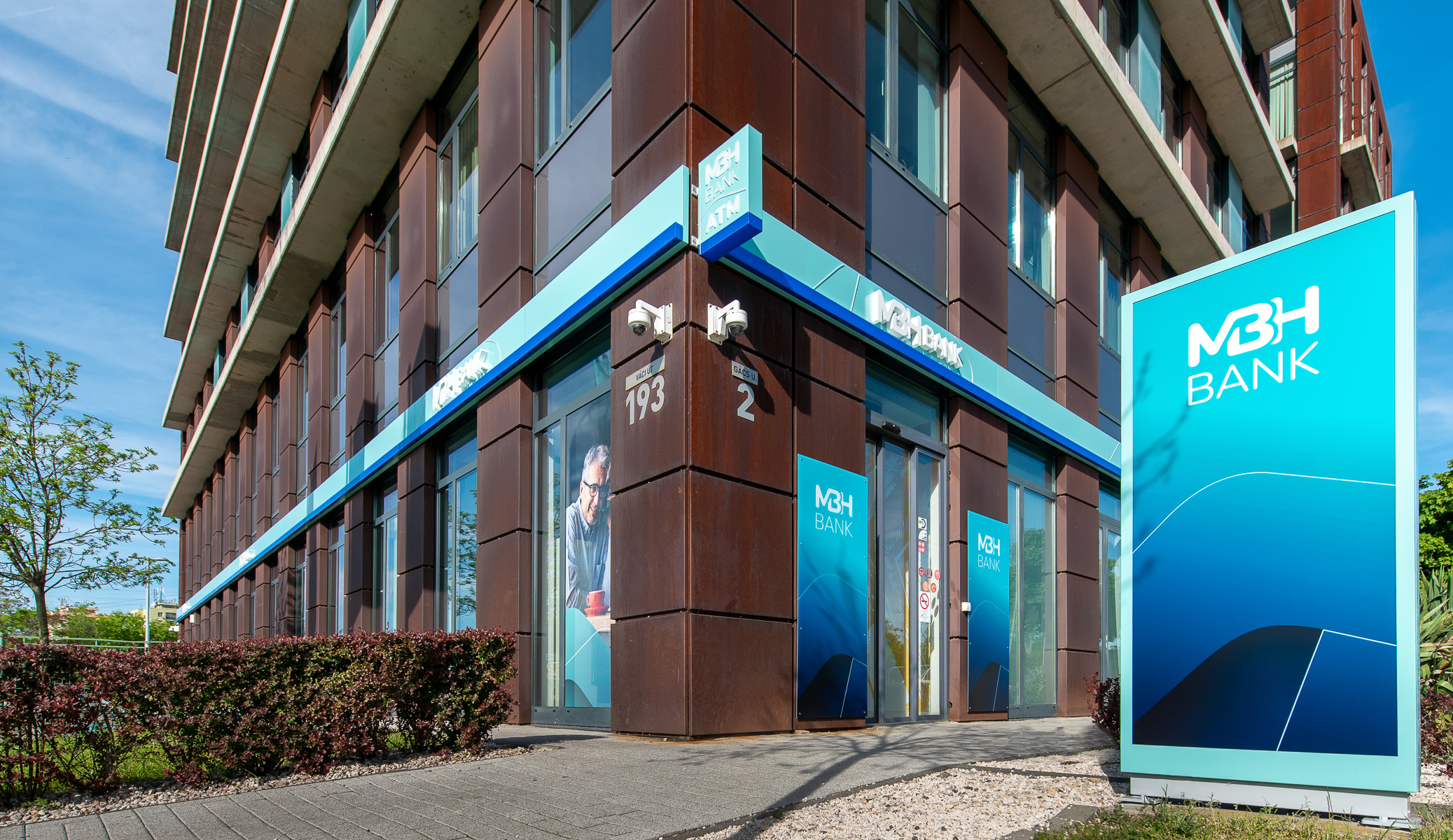Opposition: Internet tax to send Hungary back to the '90s

Hungary’s opposition E-PM alliance urged the government to scrap plans of levying a tax on internet data transfers in a statement released today. According to estimates, the government’s plans mean that every downloaded gigabyte would cost Hungarian internet service providers HUF 150, and many believe ISPs would simply pass the tax on to users.
E-PM said in its statement that the tax would make the internet so expensive that ordinary peoply in Hungary would be forced to return to the slow pace of internet facilities of the 1990s. E-PM also said the internet is now a type of public utility, like electricity or sewage, and it is part of the everyday life of ordinary people.
"It is especially noxious that the government, which has continually campaigned over the last two years for cuts in utility bills, is now preparing to levy this tax," the opposition's statement added.
The Economy Ministry said it expects the Internet tax to generate an annual revenue of HUF 20 bln, international news agency Reuters reported today. Quoting data compiled by the consultancy eNet, Reuters pointed out that Internet traffic in Hungary reached more than 1 billion gigabytes in 2013, which would generate a tax revenue of about HUF 175 bln.
Reuters quoted analysts at Equilor Securities, who believed that Deutsche Telekom's Hungarian subsidiary Magyar Telekom could expect to pay about HUF 10 bln annually. "Although corporate taxes offset this amount, Magyar Telekom has paid only HUF 200-300 worth of such tax in recent years because its parent company used tax breaks," Equilor noted.
"The company could theoretically pass on the burden to its clients but that requires a business policy decision so it's too early to say much about that. The tax could, however, boost uncertainty about a resumption of dividend payments at Magyar Telekom," Equilor noted.
SUPPORT THE BUDAPEST BUSINESS JOURNAL
Producing journalism that is worthy of the name is a costly business. For 27 years, the publishers, editors and reporters of the Budapest Business Journal have striven to bring you business news that works, information that you can trust, that is factual, accurate and presented without fear or favor.
Newspaper organizations across the globe have struggled to find a business model that allows them to continue to excel, without compromising their ability to perform. Most recently, some have experimented with the idea of involving their most important stakeholders, their readers.
We would like to offer that same opportunity to our readers. We would like to invite you to help us deliver the quality business journalism you require. Hit our Support the BBJ button and you can choose the how much and how often you send us your contributions.








